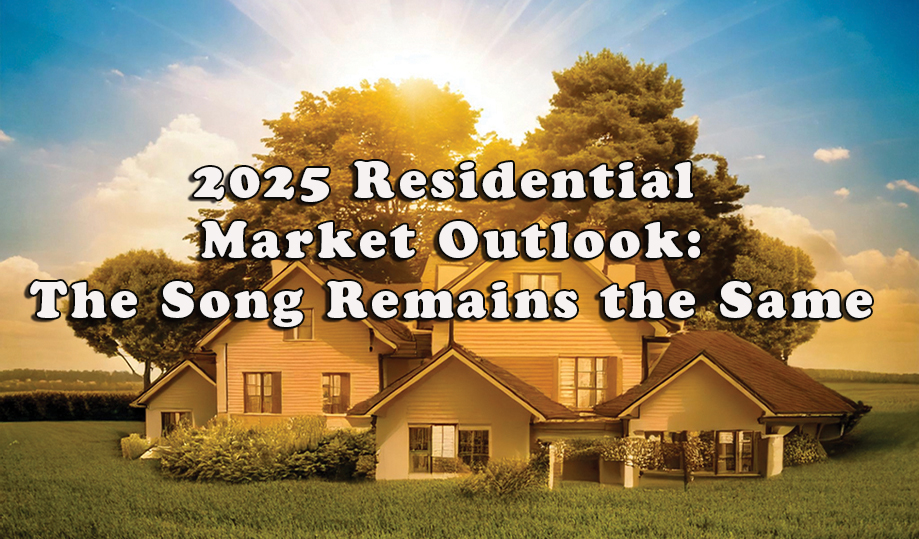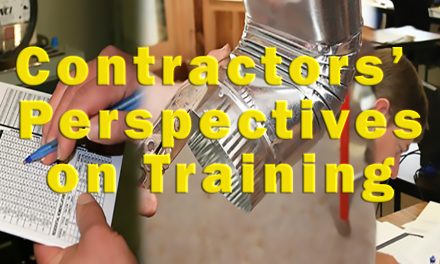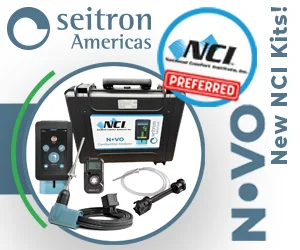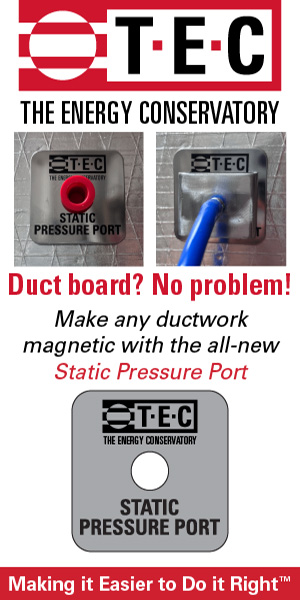Refrigerant Changes
Under this heading, we cannot forget to include the federally mandated move to A2L refrigerants.
The HVAC industry continues to progress toward refrigerant alternatives that are less harmful to the environment. The EPA phase-down of global-warming-potential high hydrofluorocarbon (HFC) coolants is in full swing. Their goal is to reduce HFC production and consumption by 85% by 2036.
According to the U.S. Energy Information Administration, air conditioning accounts for 10% of total U.S. energy use, and that demand “has generally increased since 1950.” This level of energy consumption and HFC emissions have put the HVAC industry at the forefront of change.
This December marked the last month for the manufacture of the R-410a refrigerant. So, 2025 will be a transition year where equipment inventory using 410a will compete with newer A2L equipment.
This situation requires changes in contractor practices and training. Are you ready?
Trends in Contractor Consolidation
Over the last few years, a quiet rebirth of HVAC contracting firm consolidation has been underway. That’s when private equity companies began looking closely at the HVAC industry and quietly bought contractors up, creating the equivalent of national contracting outfits.

Some of the 94 private equity firms investing in the HVAC services market include:
- Alpine Investors
- Calmont Group
- Center Oak Partners
- Service Champions Group
- Sound Partners
- Trinity Hunt Partners.
Jack Kelly, a senior contributor to Forbes magazine, recently wrote about this topic. Read his article; Private Equity is Taking on the Skilled Trades, for a fascinating insight into this phenomenon.
Why is this happening? The trades represent the foundation of modern American life. They are essential businesses that keep us comfortable and our homes and businesses functional.
Add in the impact of COVID shutdowns and the subsequent awareness on topics like indoor air quality, safety, comfort, and efficiency, and it is obvious how vital the trades are.
Furthermore, because of the growing shortage of technicians and increasing demand for services, private equity sees a grand opening for them to combine companies, company efficiencies, and infuse capital to make working for these merged firms more attractive.
Selling to private equity firms can be a contractor’s retirement plan or exit strategy. Whether this is a win-win remains to be seen, but I expect to see more such acquisitions throughout 2025.
These trends highlight the dynamic nature of the residential HVAC market in 2025, emphasizing the importance of innovation, sustainability, and consumer-centric approaches in driving market growth and meeting evolving demands.
Yes, for 2025, the song remains the same. But as a High-Performance HVAC contractor, the song is yours to sing. And that is music to our collective ears.













Recent Comments